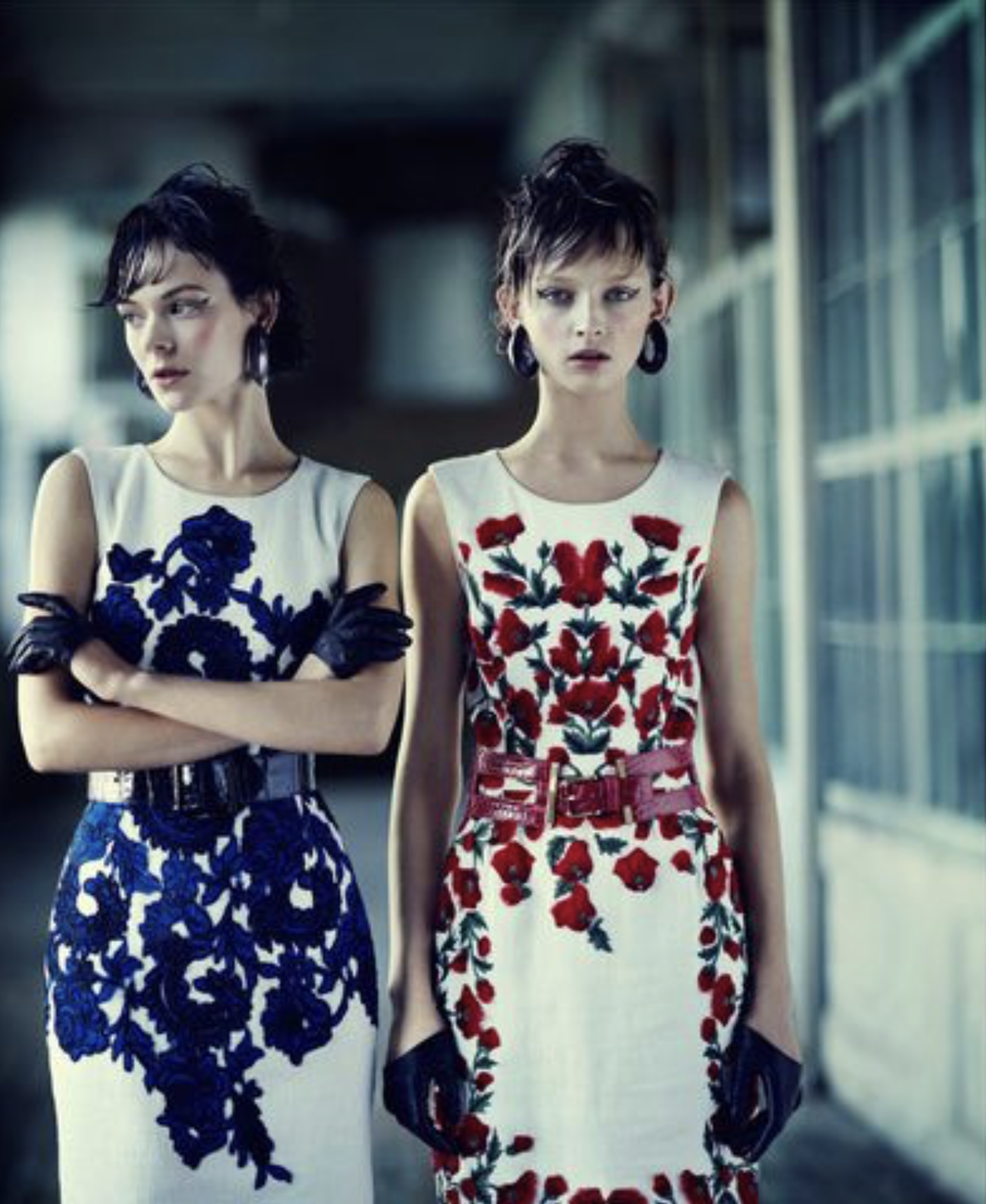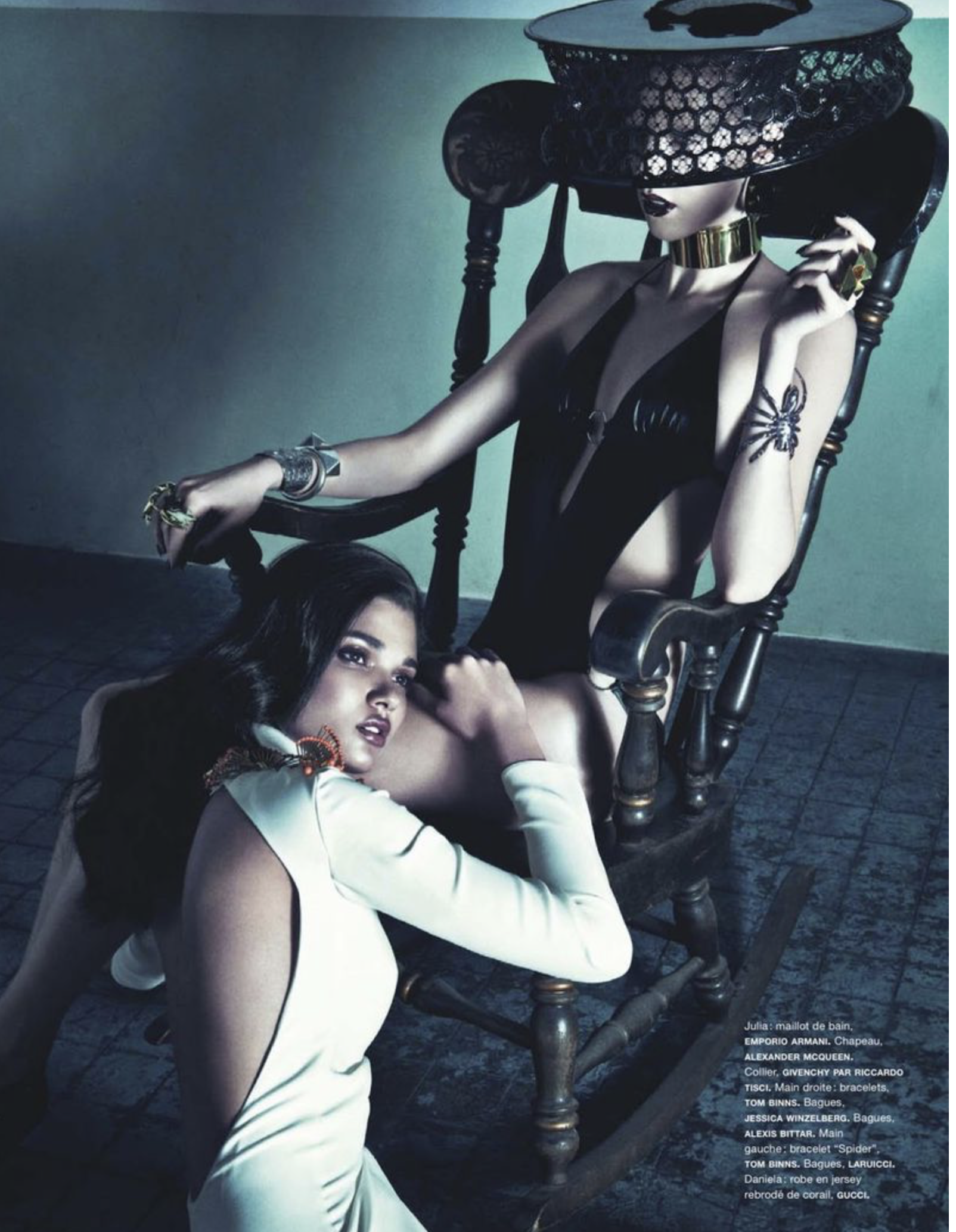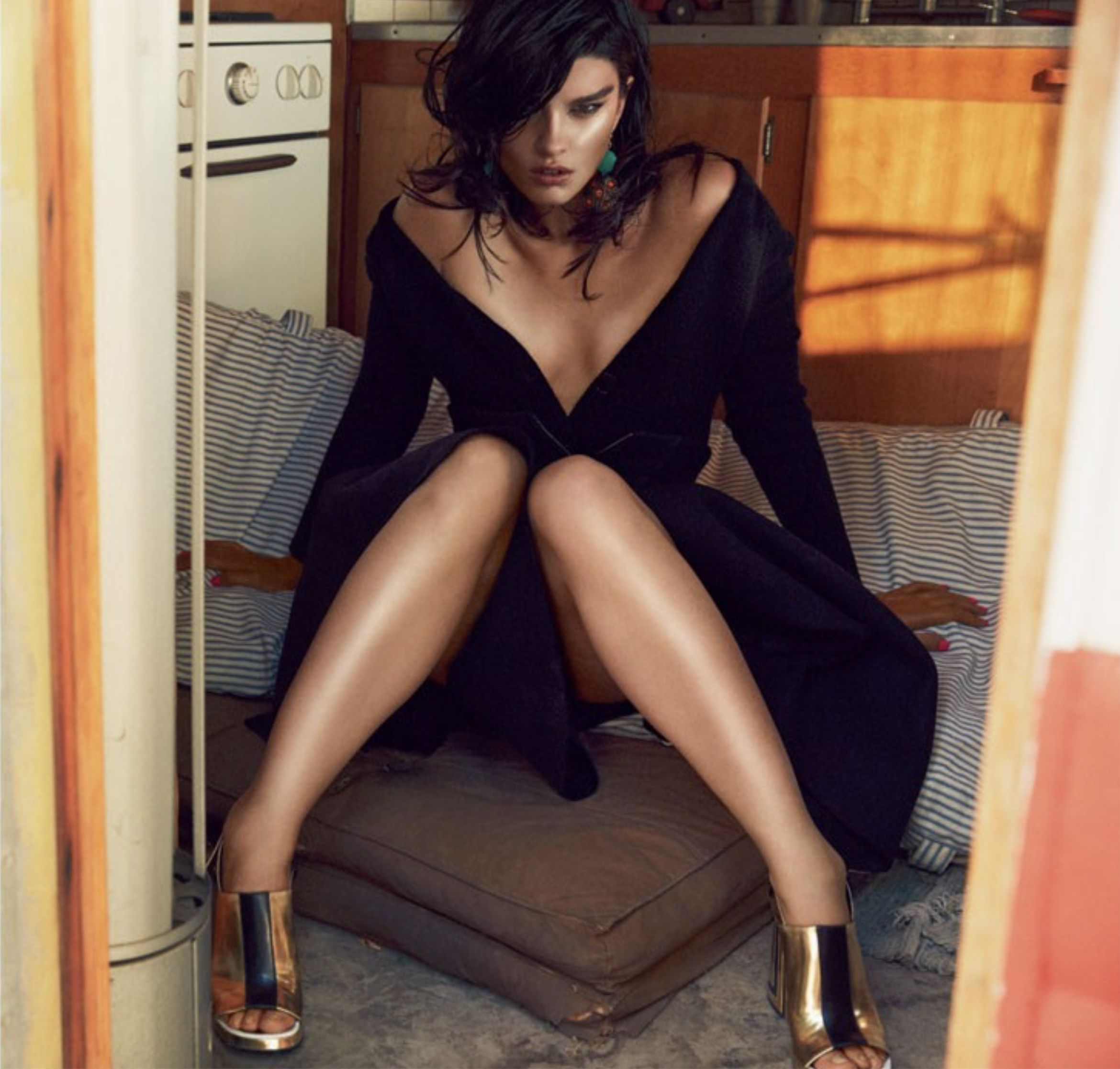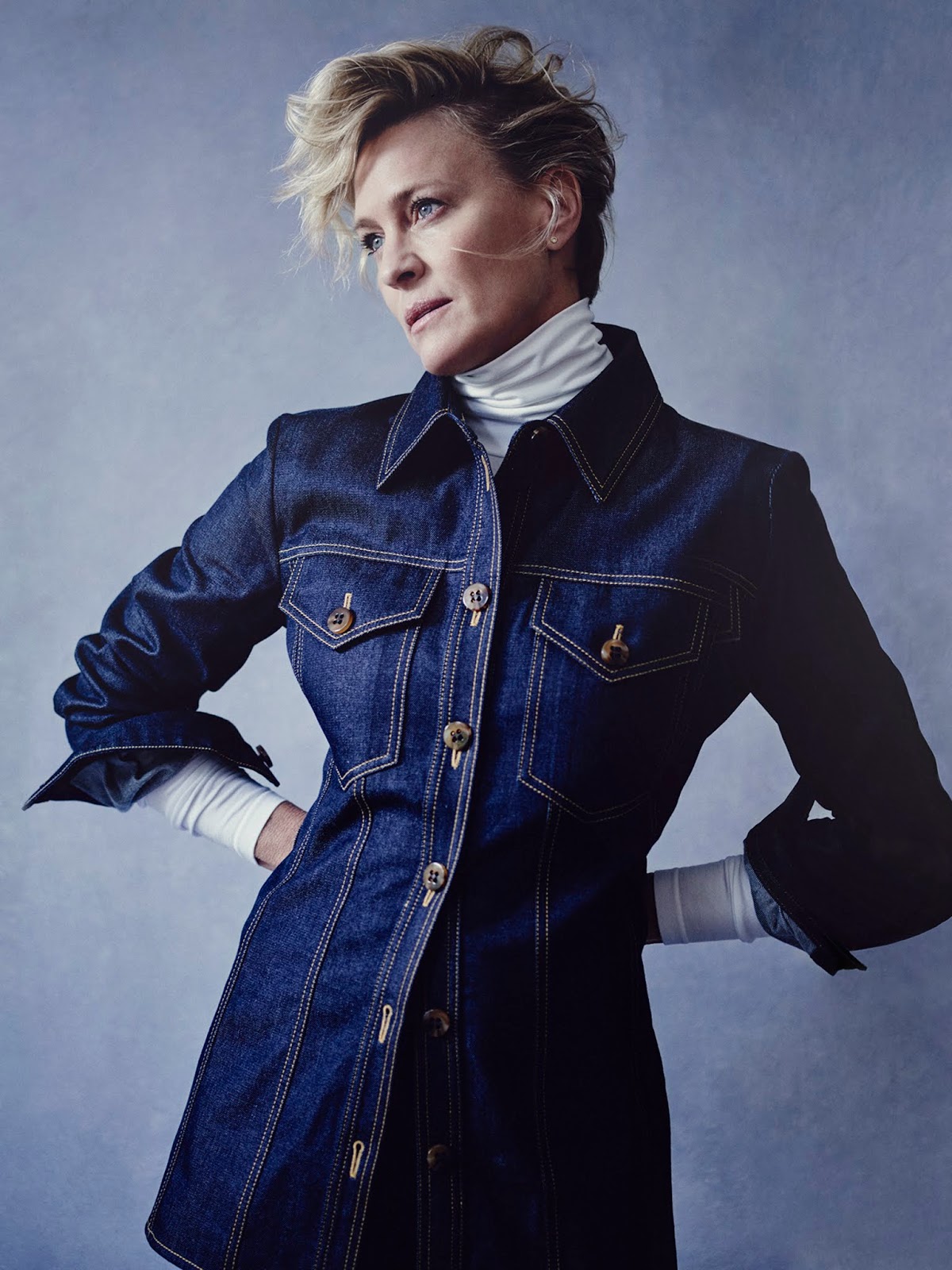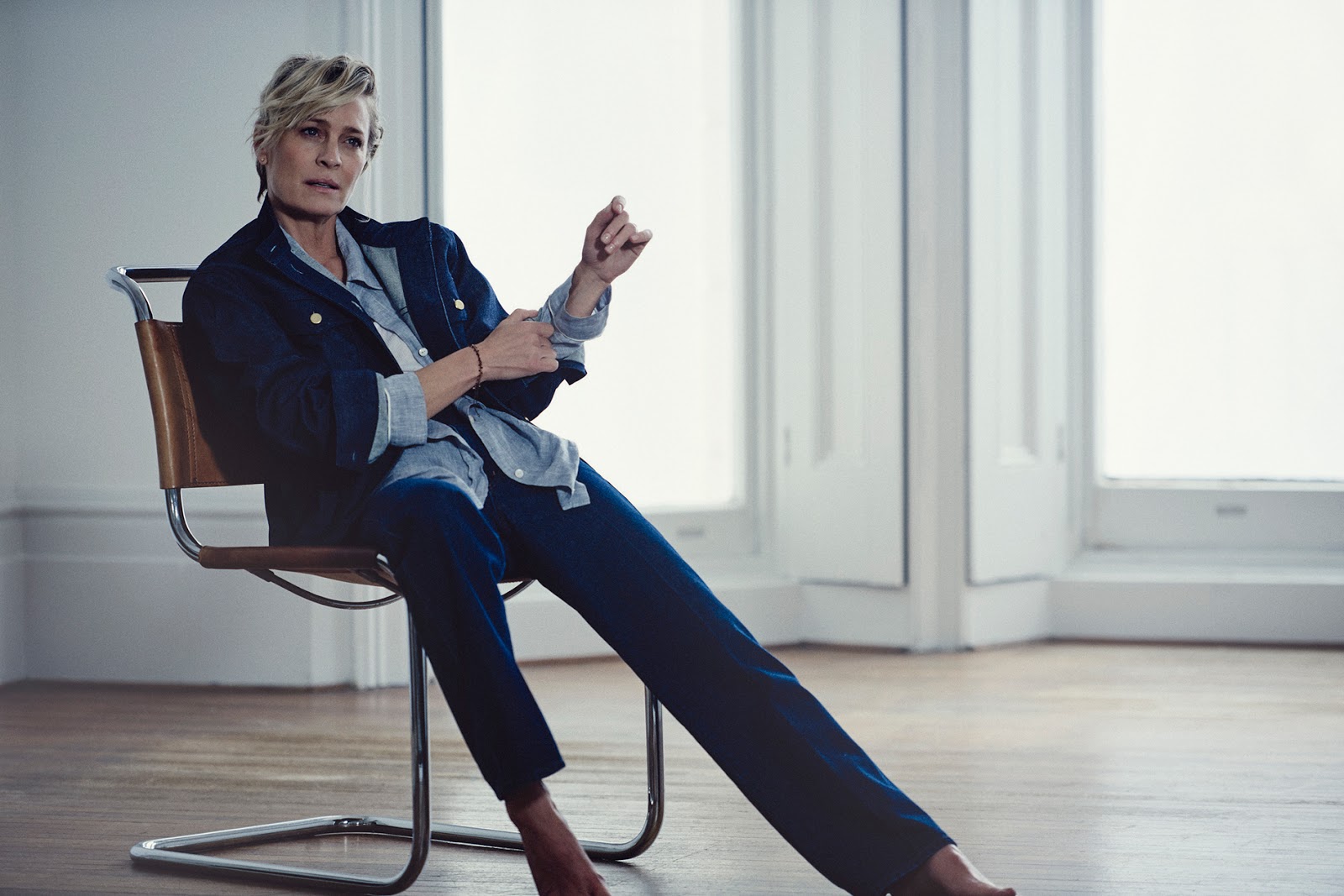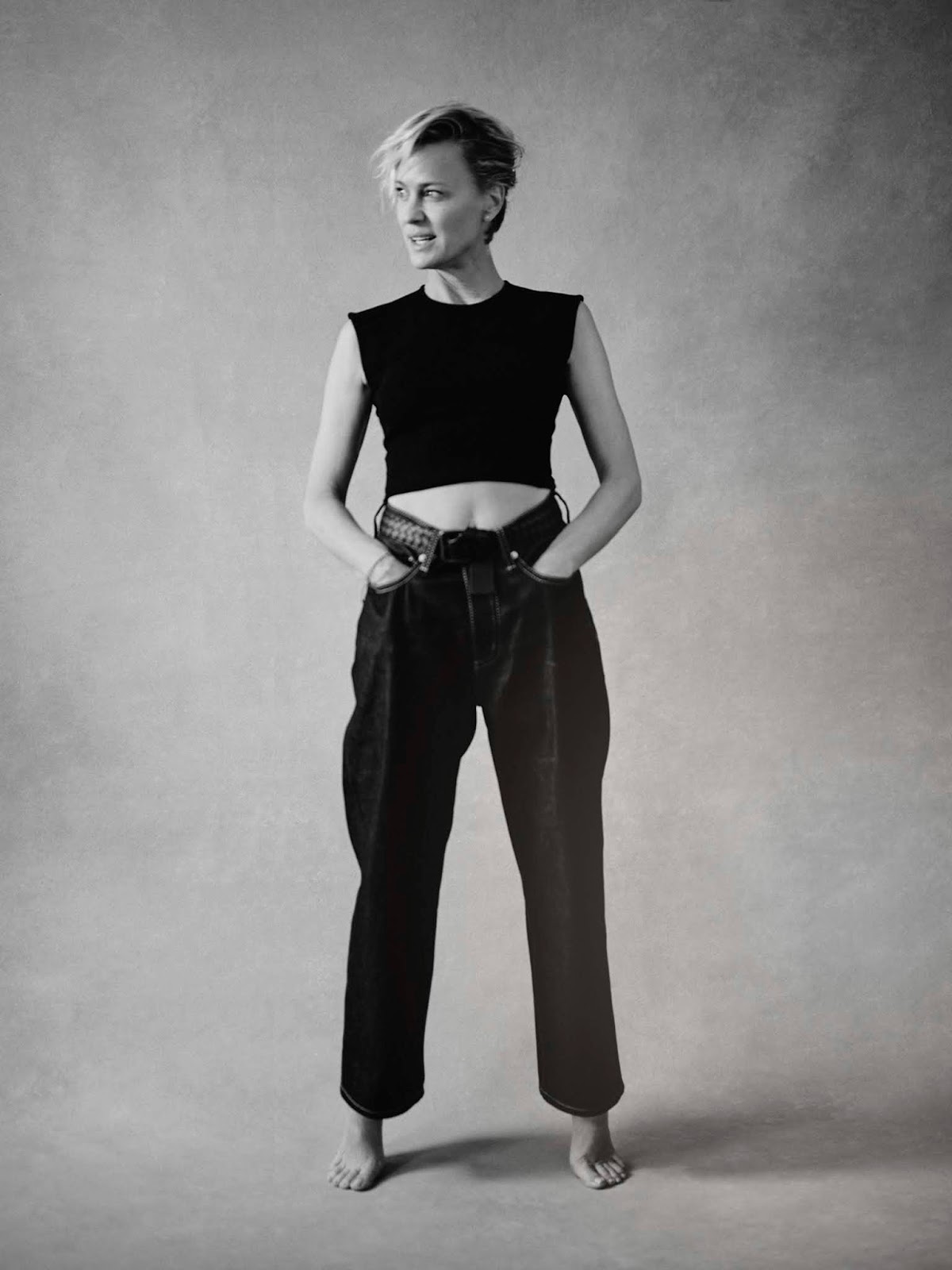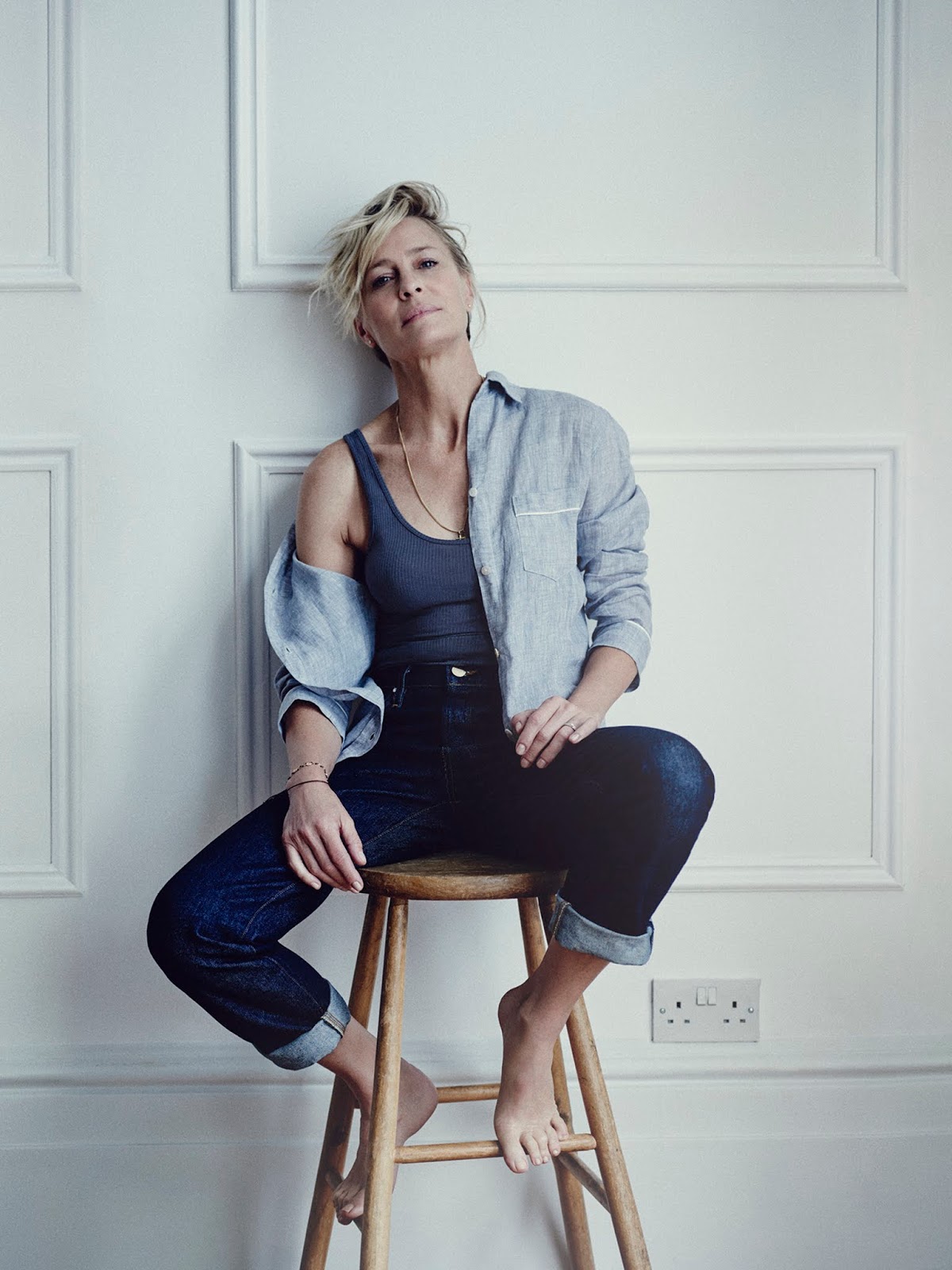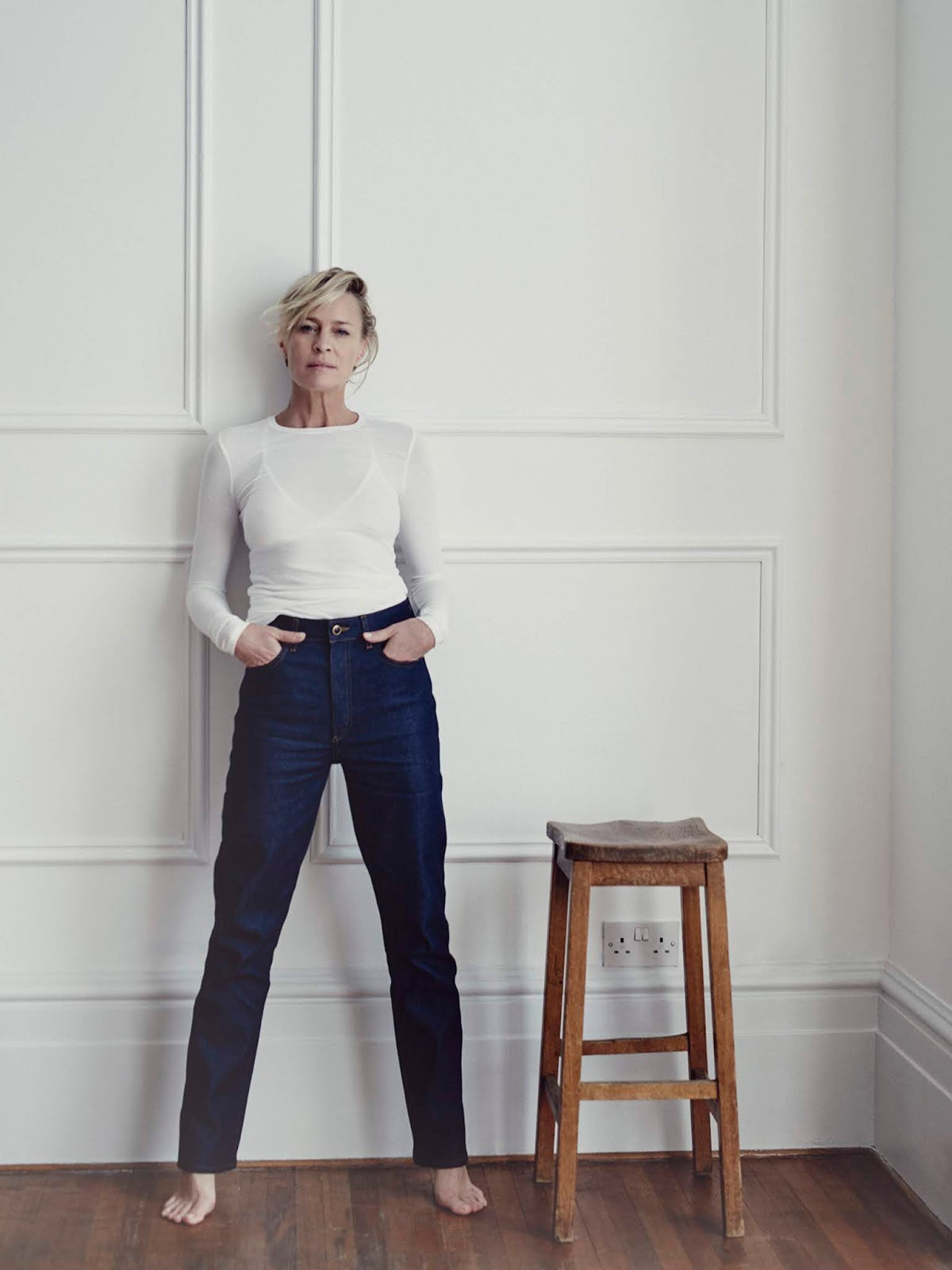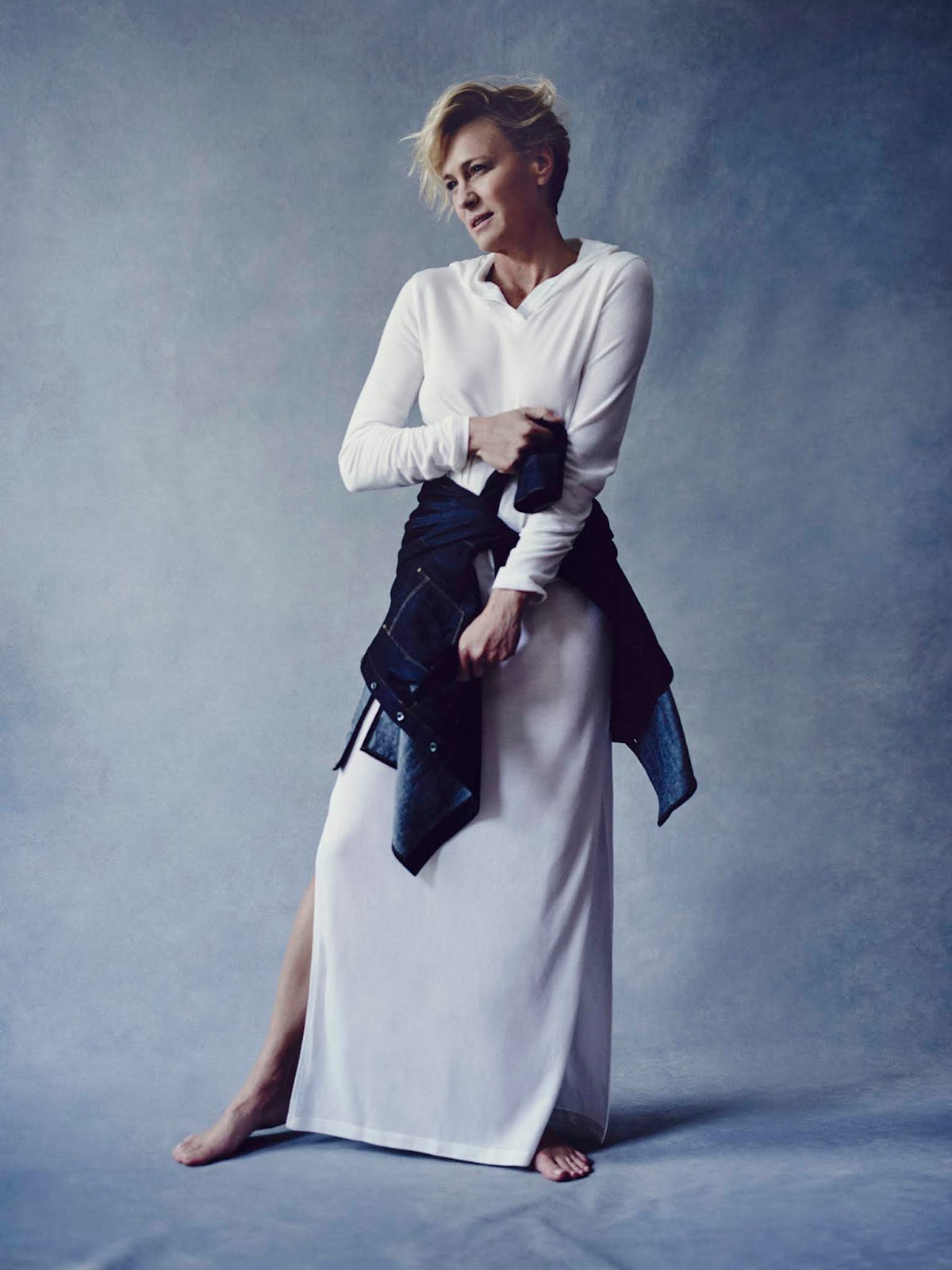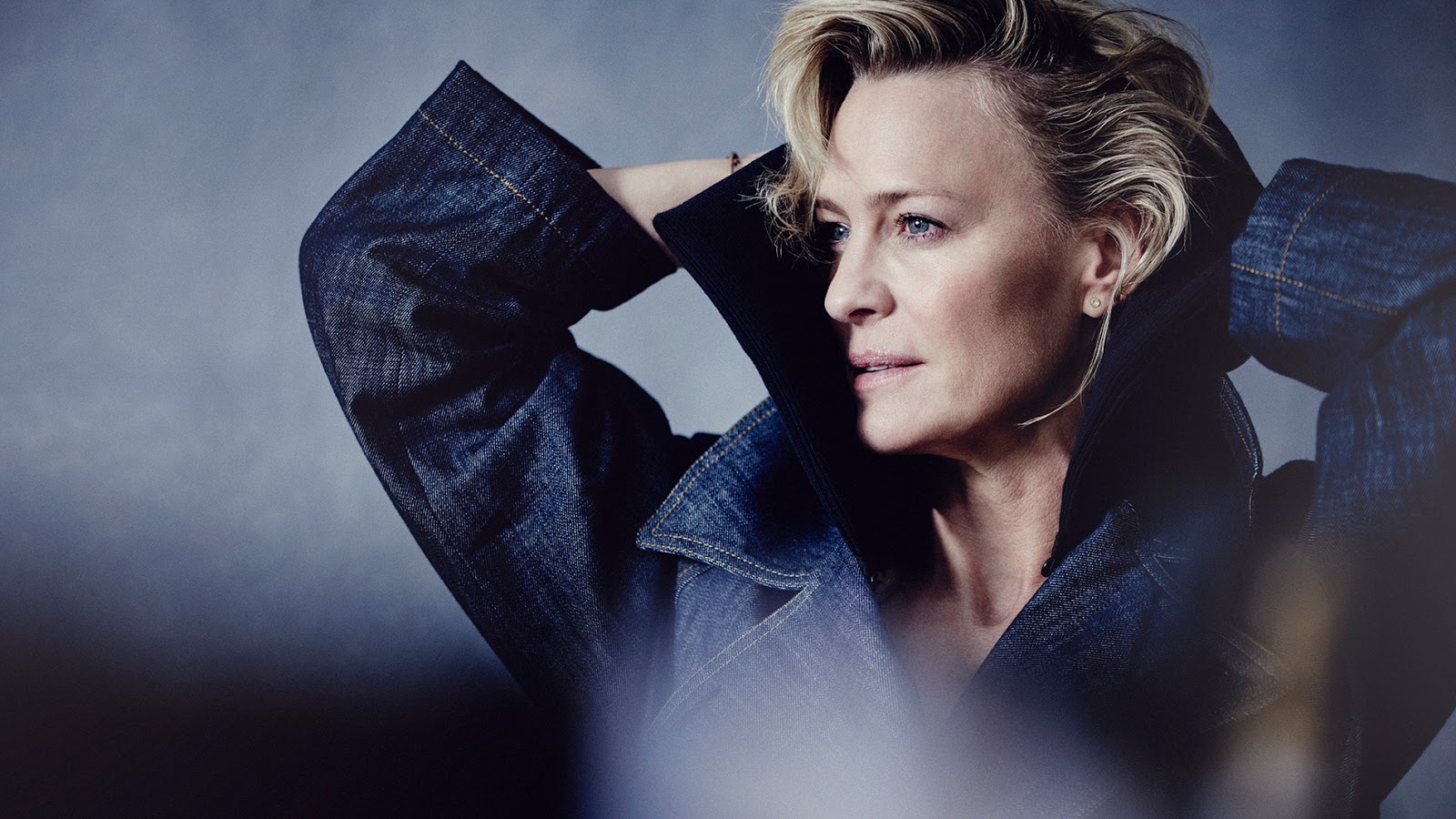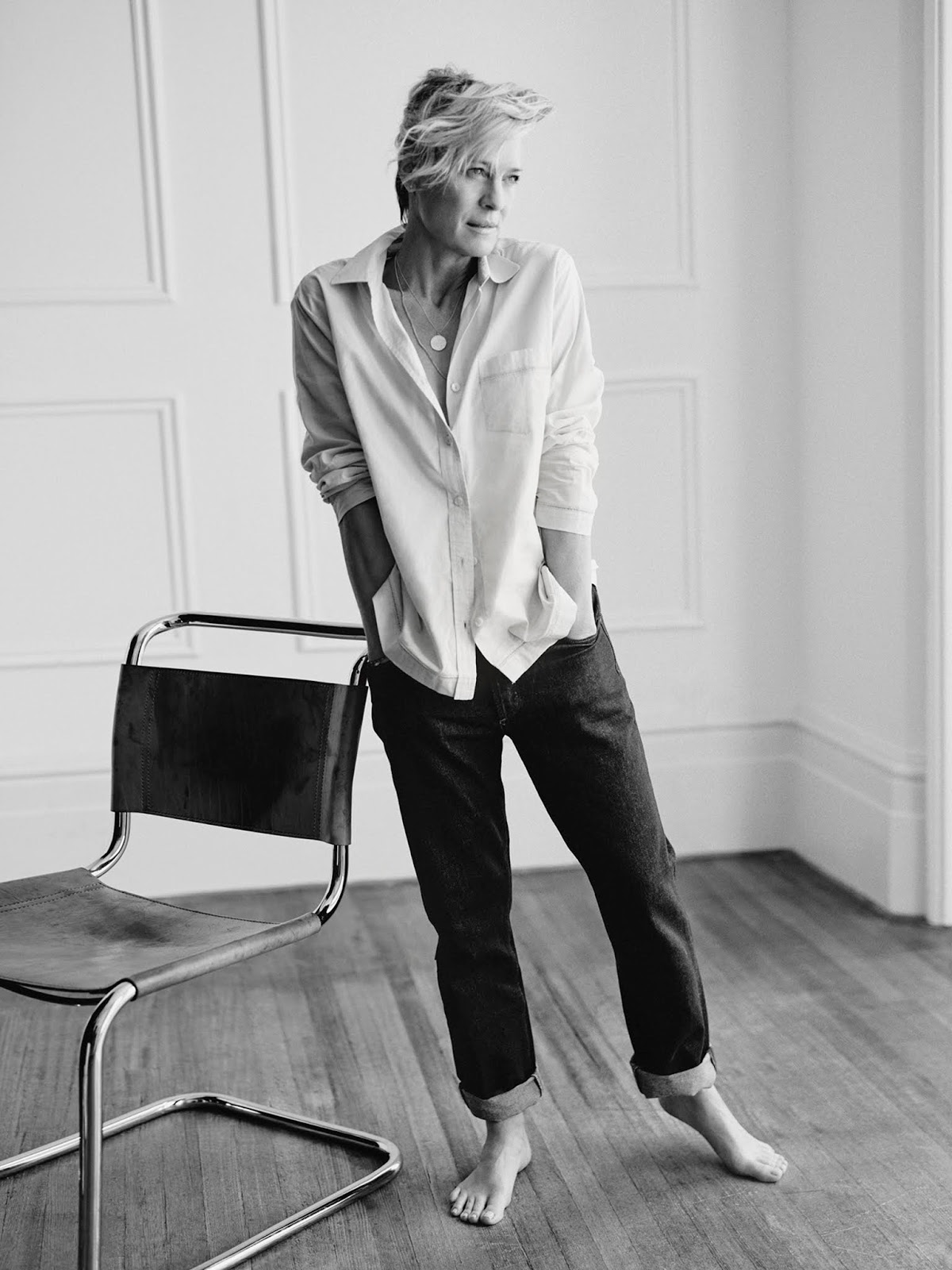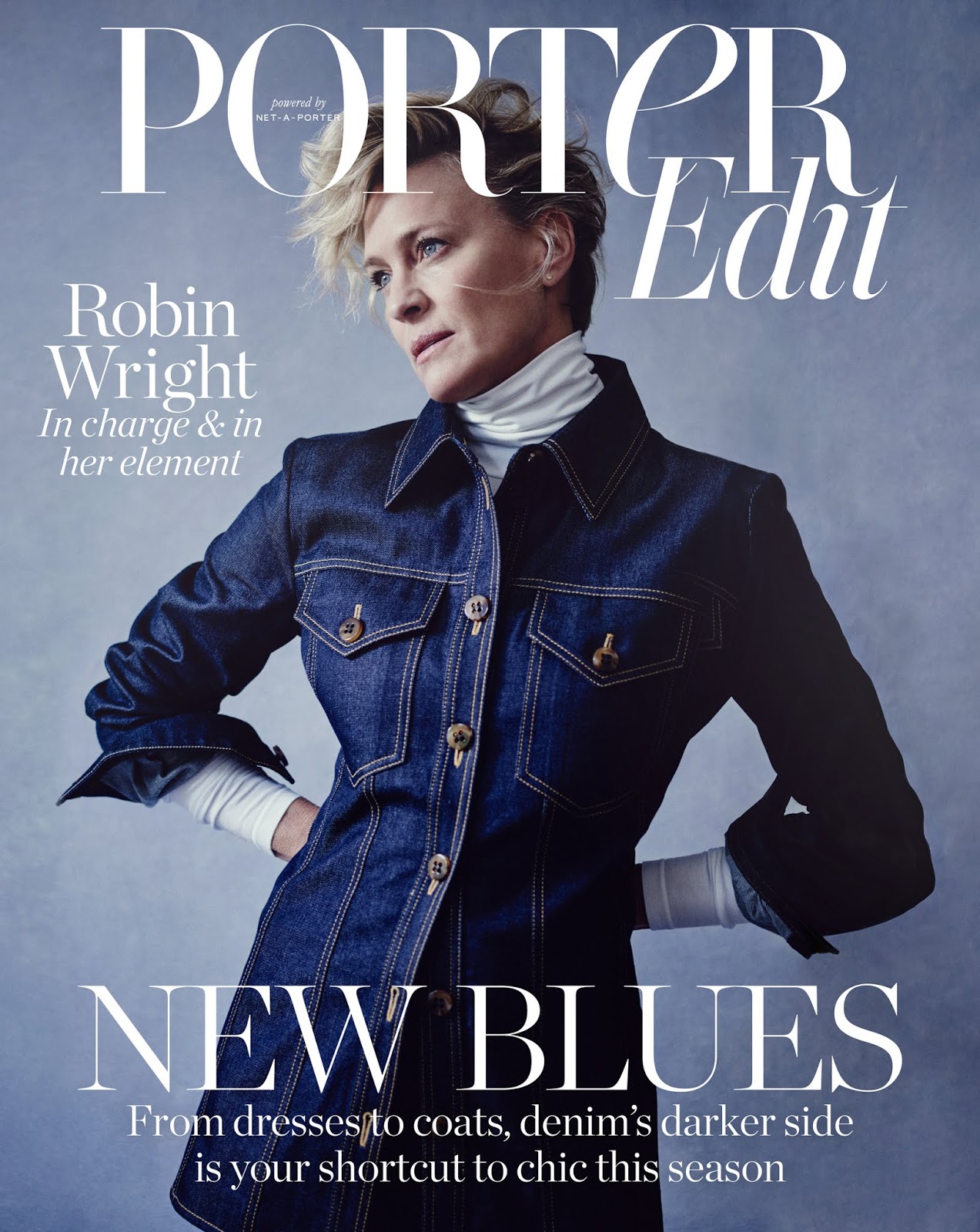Robin Wright Talks 'House of Cards' Finale, Pour Les Femmes Clothing Project For Porter Edit August 31, 2018
/'House of Cards' star, activist, humanitarian, entrepreneur, mom and newlywed Robin Wright covers the August 31 issue of Porter Edit. Helen Broadfoot styles Wright in relaxed, casual looks including multiple selections from Pour Les Femmes, her new clothing project inspired by Wright's first trip to the Congo over 10 years ago. Lensed by Boo George, Robin Wright will be spending plenty of time in Paris, having married Clément Giraudet, Saint Laurent VIP relations manager in mid-August.
The interview spends too much time on the disgraced Kevin Spacey -- although the dialogue is worth the read -- and not enough time on the women in the Congo, people far more important to Robin Wright than the former star president of 'House of Cards'.
AOC has covered all the topics in Wright's reflection on her involvement in the Congo. While we pull them together, the humanitarian activist reflects on her socially conscious clothing line Pour les Femmes:
The story behind the brand is pretty powerful: inspired by a trip to Congo over 10 years ago, Wright started the company with her friend Karen Fowler to provide economic opportunities – and a skilled trade in sewing – for women in conflict zones around the world. The range consists largely of pajamas, partly because both of them love to sleep (“I wish I could sleep like a teenager. But I love being in bed, working in bed, watching movies in bed,” says Wright), but also because pajamas represent comfort and security, which women in war-torn regions rarely have. “Buy our pajamas because you are helping a woman start her life again after being raped repeatedly,” she says, frankly. “It’s pretty simple.”
As Wright points out, the hardships of these women are bound to our choices as consumers; the minerals used in cell phones and other electronic devices are mined in Congo and the surrounding countries, and the mining trade fuels those regional conflicts: “We as consumers inadvertently stole their life away.” Doing this kind of work, she says, is where she gets most emotional: “Seeing those women have their faith in life again… They don’t want a handout, they want their life back. We just built a school in Lake Kivu with the proceeds. These kids have been standing by, dying to learn – now they can go to school.” I hear the depth of feeling in her voice. “I love it,” she says.
